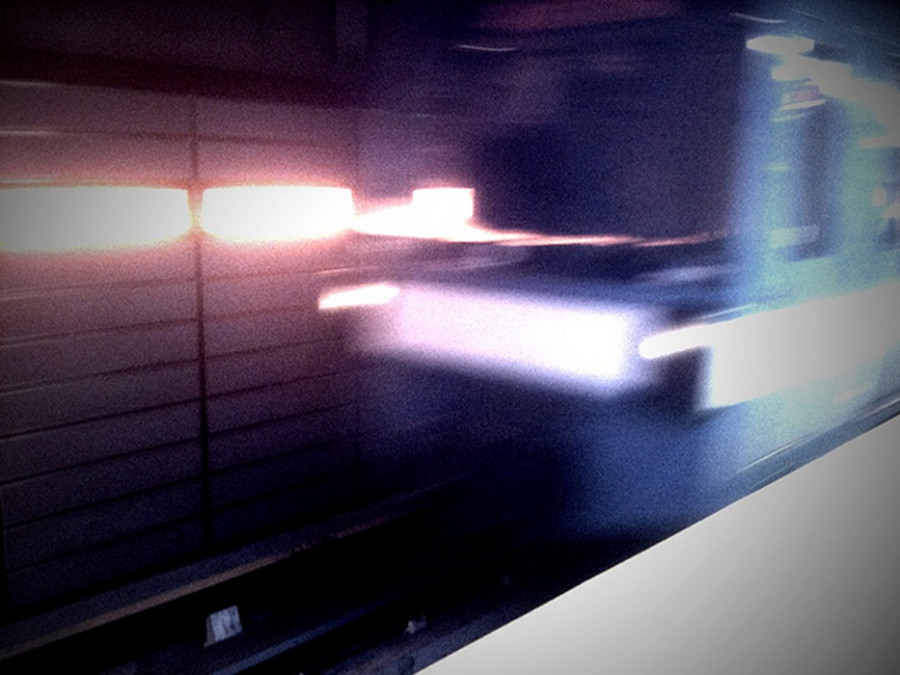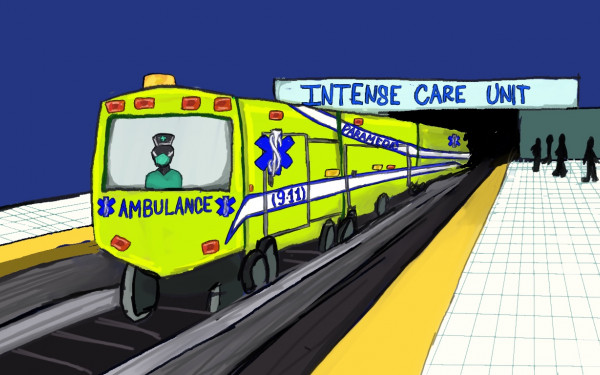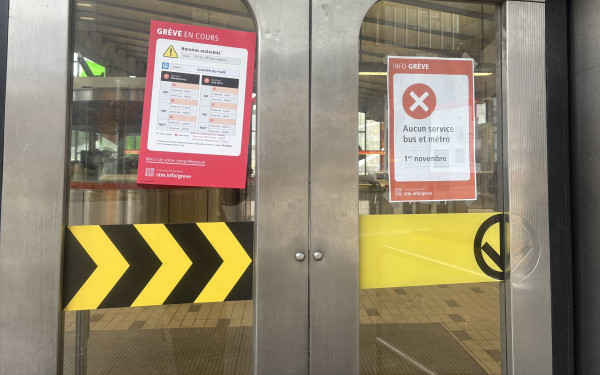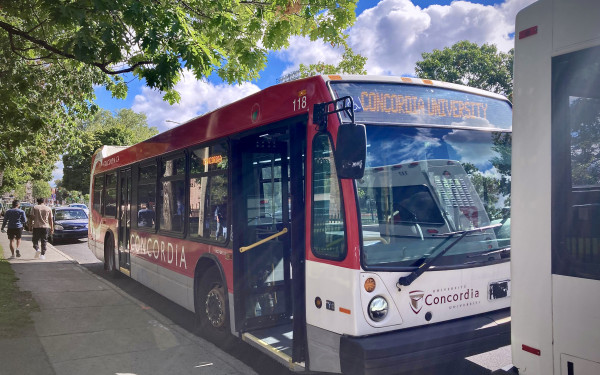South Shore Hit With Transit Hikes
Price of Passes to Jump by 59 Per Cent as All Off-Island Suburbs to Pay Same Price
Philippe Johnson, a 21-year-old Université de Montréal student, moved to the apartment building adjacent to the Longueil Metro station to avoid taking the bus—and to avoid the hassle of paying for an expensive bus pass.
Things are going to change for Johnson and other Longueil commuters as of January, however, when the price of a pass will rise from $70 to $84.50. The hikes will continue until January 2012, when the price of a bus pass will reach $111—a 59 per cent increase from its current cost.
By January 2012, metro-only passes will no longer exist for the South Shore residents. They will be replaced by Réseau de Transport de Longueil passes that will allow users to use the Montreal suburb’s bus system.
“I moved here to have easier access to school without living downtown,” said Johnson. “The reason rent in these apartments is so high is because of the proximity to the metro; now I’ll be paying an extra $40 […] for no extra service.”
Laval metro users, who have been paying the $111 fee for the past few years, have been calling for South Shore residents to be charged just as much.
Reactions to the increase, however, are mixed. The Longeuil-Université-de-Sherbrooke station is only two stops away from Berri-UQAM Metro, and hasn’t been updated since 1967.
“I’ve been taking the metro for 40 years,” said Louise Choquette, a South Shore transit user. “We only have one station, and we’ve paid it off. If they gave us a free parking lot like at Montmorency Metro in Laval, the increase could be justified.”
The fight to keep Longueil metro tariffs down has been ongoing for several years at the Communauté Métropolitaine de Montréal, a board which includes the mayors of Montreal, Longueuil and Laval.
Longueuil succeeded in pushing back the increase from July 2010 to January 2012.
Catherine Bérubé, the press relations agent for Longueuil Mayor Caroline St-Hilaire, said the rise is justifiable because the city managed to secure certain transport improvements, such as a Bixi system, in the deal.
“The mayor of Laval is always pushing for Longueuil commuters to pay the same tariffs, but it’s not fair because they have three metro stations to Longueuil’s one,” said Bérubé. “An increase in cost has to be linked to better service.
“In order to get the CMM to slow down the increase, Longueuil threatened to hold back its yearly contributions to the metro deficit,” Bérubé continued. “The 60-per-cent increase will be more readily justifiable once new metros are added to Longueuil, making it equal to Laval. We are awaiting our metros with impatience.”
The $111 pass will allow transit users to use the zone 3 Réseau de Transport de Longueil bus system. The STM did not respond to queries on why the metro-only pass could not continue to exist.
“It should only be one price,” said Lysandra Langevin, a Laval resident. “The system is the same throughout the island and on the shores. If my pass was $40 like on-island students, I’d buy it. As it is, I take my car.”
The increase goes against the city of Montreal’s recent efforts to promote greener means of transportation and the millions they are currently investing in projects like the promotion of public transit, the creation of pedestrain streets and the hike in parking fees in boroughs like Plateau-Mont-Royal.
This article originally appeared in Volume 31, Issue 10, published October 19, 2010.




4_600_375_90_s_c1.jpg)


